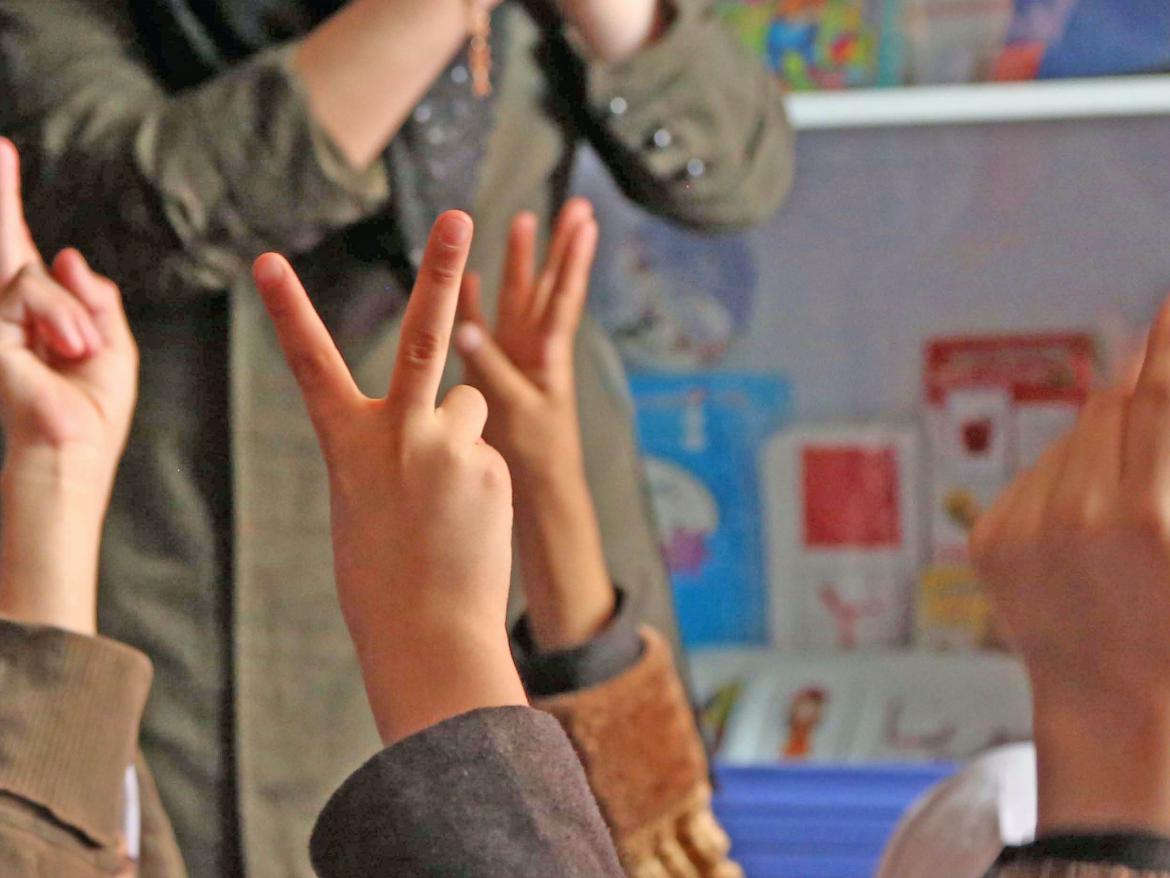On February 29, 2020, the United States and the Taliban signed an agreement paving a path for the withdrawal of U.S. and NATO troops from Afghanistan. A full military withdrawal is necessary and should proceed without delay. To end the war responsibly, however, the exit of troops must be paired with steps to minimize any further harm to the people of Afghanistan.
Issue Brief #1: Support full military withdrawal from Afghanistan
There is no military solution to the problems in Afghanistan. Members of Congress must oppose any legislation that would impede full military withdrawal and should reject the false premises that led us to invade and occupy Afghanistan in the first place.
Issue Brief #2: Ramp up bilateral and multilateral diplomatic efforts
The United States still has an outsize role to play in supporting intra-Afghan talks and engaging other regional actors diplomatically in order to improve the chances for a stable peace.
Issue Brief #3: Support long-term Afghan-led solutions
Military withdrawal need not mean abandonment of the people of Afghanistan. On the contrary, the United States should continue to provide carefully calibrated economic, development, peacebuilding, and humanitarian aid to Afghanistan that includes oversight and accountability.
Issue Brief #4: Oppose continued militarized counterterrorism in Afghanistan
We must acknowledge that military counterterrorism operations in Afghanistan and around the world have only exacerbated the root causes of terrorism. Instead, Congress should put the challenge of terrorism in its proper perspective, reject calls to maintain a residual counterterrorism military force in Afghanistan, and invest and properly resource crucial non-military tools to reduce the power and reach of terror networks.
Frequently Asked Questions
FCNL has provided our responses to commonly raised questions regarding military withdrawal from Afghanistan.
Acknowledgements
This report was written for FCNL by Elizabeth Beavers, with assistance from Diana Ohlbaum, Shukria Dellawar, and Don Chen. We wish to thank the following individuals for participating in interviews and sharing their expertise to help guide and inform this project:
- Omar Samad, Atlantic Council
- Jennifer Anderson, South Asia Democracy Expert
- Noorrahman Rahmani, Search for Common Ground
- Sarah Chayes
- Danny Davis, retired Army Lt. Col
- Sanam Naraghi Anderlini, International Civil Society Action Network
- Paul Barker, retired aid worker
- Laurel Miller, International Crisis Group
- John Gerlaugh, Team Afghan Power
- Daniel Balson, Amnesty International USA
- Jared Wright, Mercy Corps
- Adam Wunische, Quincy Institute
Organizational affiliations are shown for identification purposes only. The views and opinions expressed in this report, including all issue briefs and recommendations, are those of the Friends Committee on National Legislation. They do not necessarily represent the views of the interviewees or any other organization or individual.
For more information, please contact Heather Brandon-Smith, legislative director on Militarism and Human Rights at HBrandon-Smith@fcnl.org.
